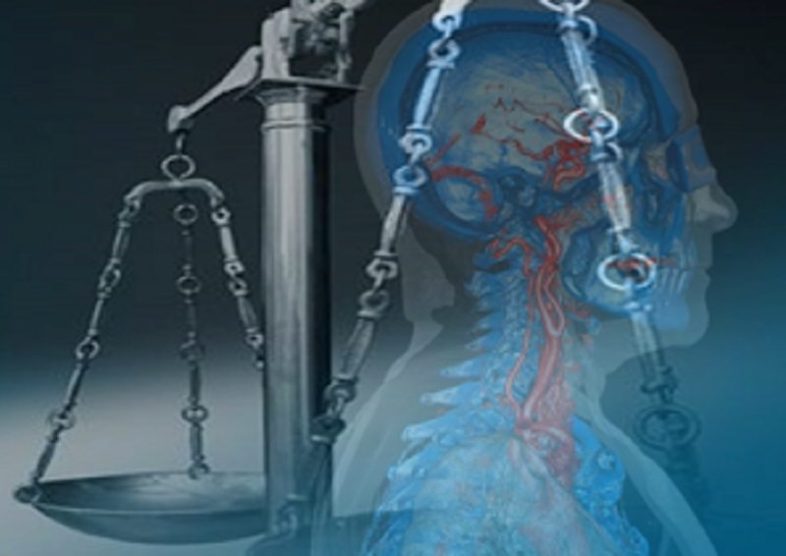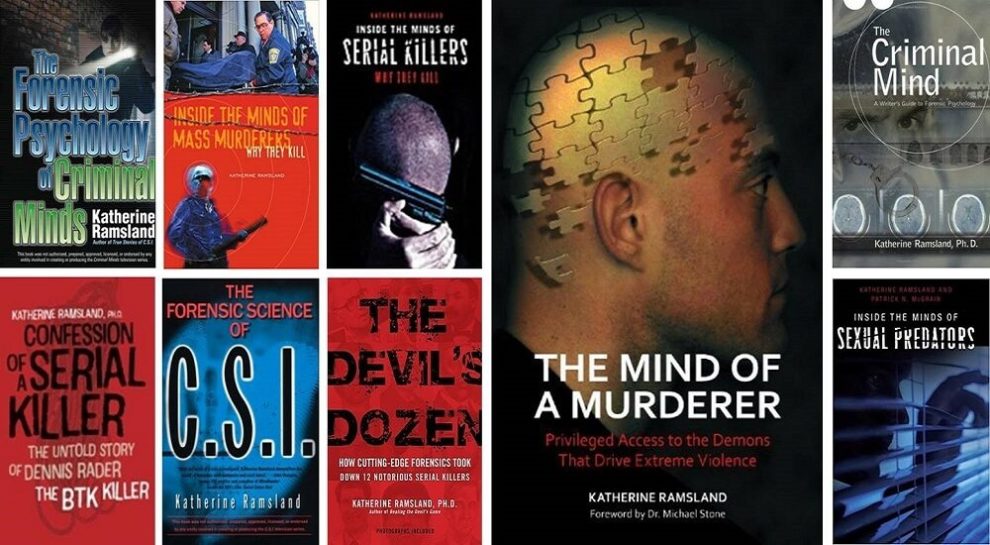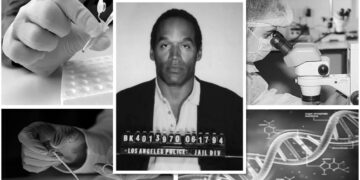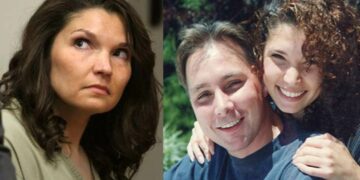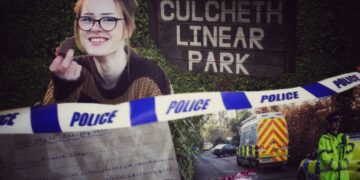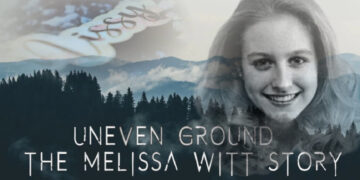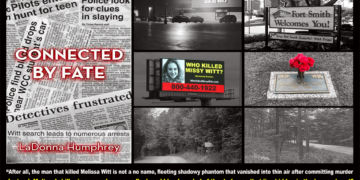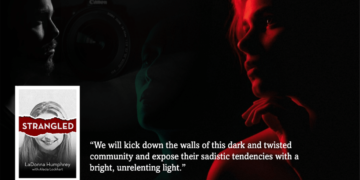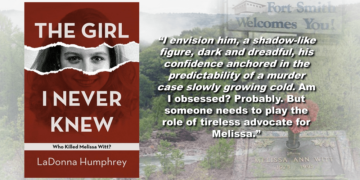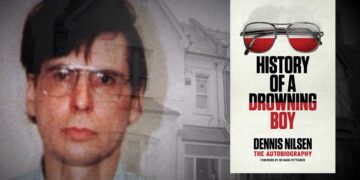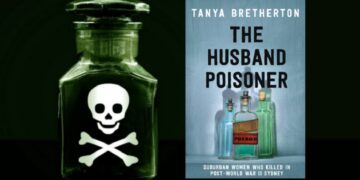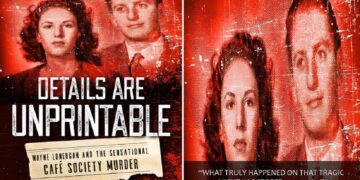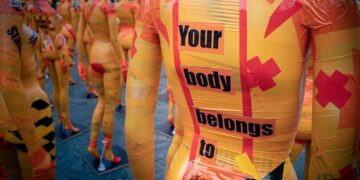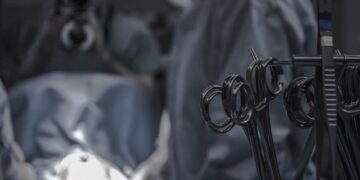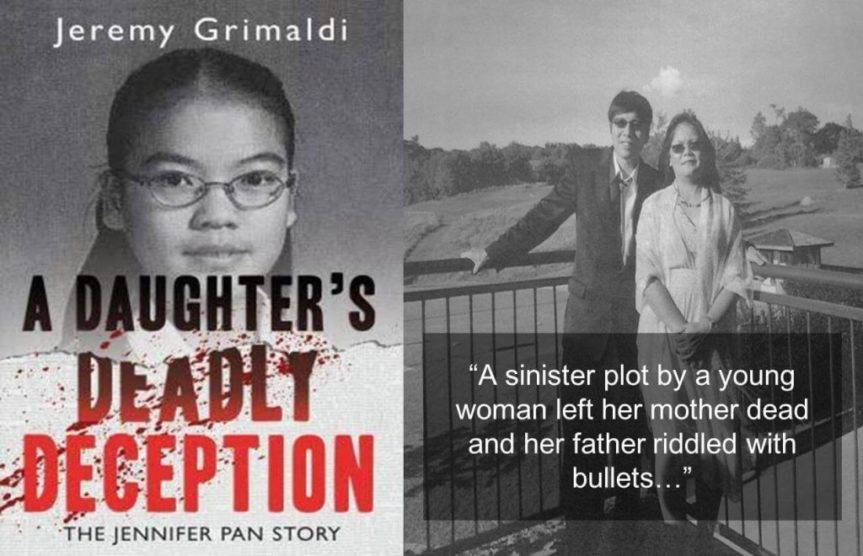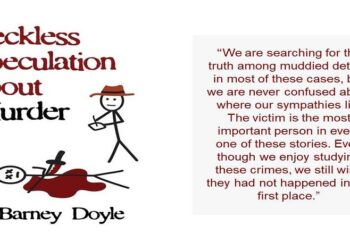An article by Jeanette Kennett, Professor of Philosophy at Macquarie University. This article was originally published on The Conversation. Read the original article. In today’s article in our series Biology and Blame, Jeanette Kennett considers an inconsistency in the law’s approach to compulsion – addicts are responsible but others compelled to harmful behaviours are not.
Addiction is not a crime. Indeed, it’s often characterised as a disease. But although it’s not a crime to be addicted, it is criminal to possess and use certain drugs. And many addicts commit other crimes, such as selling drugs or low-level property offences, to service their addiction.
Should addiction, then, be a mitigating factor that lessens the responsibility for such crimes? And should the issue of whether or not addiction is a disease make any difference to that judgement?
In broad terms, it’s agreed that those suffering from what the Diagnostic and Statistical Manual of Mental Disorders (DSM) calls severe substance use disorder experience a cluster of symptoms, including impaired control over drug use, despite often very severe negative consequences and repeated attempts to cut down or stop use.
The affliction of addiction
In an ongoing study, I’m involved in, for instance, many respondents report using drugs even in the face of pain, ill health and the very real prospect of death:
“I think now I have kidney or liver problems, […] because certain drinks… the pain is just … I can’t stand up, I have to lay down and it … yeah, like I literally can’t get up, it passes after about 45 minutes … but it’s really intense pain…” – Respondent 4
“[T]here’s 12 of us started out together. And I think two are in institutions and the rest are dead, and I’m here. .. Any time that could have been me.” – Respondent 39
“You’ve always got that in the back of your mind you’re going to have a seizure, or you may not wake up. – Respondent 25
Clearly, if the prospect of death doesn’t deter this group, legal punishment is unlikely to be effective. Most of our subjects report little pleasure from drug use and want to be free of their addiction. For them addiction is an affliction, like a disease.
As one of our respondents said:
“If a disease is something you don’t want that you’ve got and that ruins your life, you know it [addiction] is in a way. – Respondent 67
A fundamental inconsistency
But Australian courts have often taken the view that addiction does not normally lessen criminal responsibility. The general principle was stated forcefully by the judge in a 1988 case:
“It is no mitigation whatever that a crime is committed to feed an addiction… If anyone hitherto has been labouring under the misapprehension that it was mitigation, then the sooner and more firmly they are disabused of it the better.”
A UK researcher has pointed out the inconsistency in the approach of courts where compulsion is an issue.

In a number of decisions, British courts have held that an anorexia sufferer’s refusal of food is compelled and that this affects their competence to refuse treatment.
The finding that one patient, known as W, lacked the mental capacity to refuse treatment was based on the understanding that she had an “addictive illness” which “creates a compulsion to refuse treatment or to accept treatment that is likely to be ineffective”.
This is consistent with the accounts of patients who say they would like to be free of anorexia but cannot just choose to eat.
Why is “addictive illness” and “compulsion” recognised as impairing responsibility and treated sympathetically in one area of the law but not the other?
Futile blame and punishment
Perhaps it is because addiction, but not anorexia, is seen as a disorder for which the sufferer is responsible. In a 1999 armed robbery case, the judge said::
“[S]elf-induced addiction at an age of rational choice establishes moral culpability for the predictable consequences of that choice.”
But most people in Western societies use addictive drugs recreationally at some stage in their lives, and most people don’t become addicted. No one intends to become an addict.
What’s more, those who do become addicts may have taken no more moral risks than many of those who condemn them, including some who sit on the bench and in the jury room.
Indeed, we must often go so far back in time to find the initial faulty actions leading to addiction that it stretches credulity to suggest the reason why this person is now blameworthy is because they should have foreseen this outcome all those years ago.
If addicts ought not to be held responsible for current offences on the basis of decisions made long ago, and if they are now genuinely impaired, then we must question why we so often engage in futile blame and punishment.
Surely, our focus should be on instituting measures that can help support and restore the capacities that underpin responsibility.
This is the fifth article in our series Biology and Blame. Click on the links below to read other pieces:
Part one – Genes made me do it: genetics, responsibility and criminal law
Part two – Irresponsible brains? The role of consciousness in guilt
Part three – Psychiatry’s fight for a place in defining criminal responsibility
Part four – Looking for psychopaths in all the wrong places: fMRI in court
Part six – Natural born killers: brain shape, behaviour and the history of phrenology
Part seven – Put down the smart drugs – cognitive enhancement is ethically risky business











